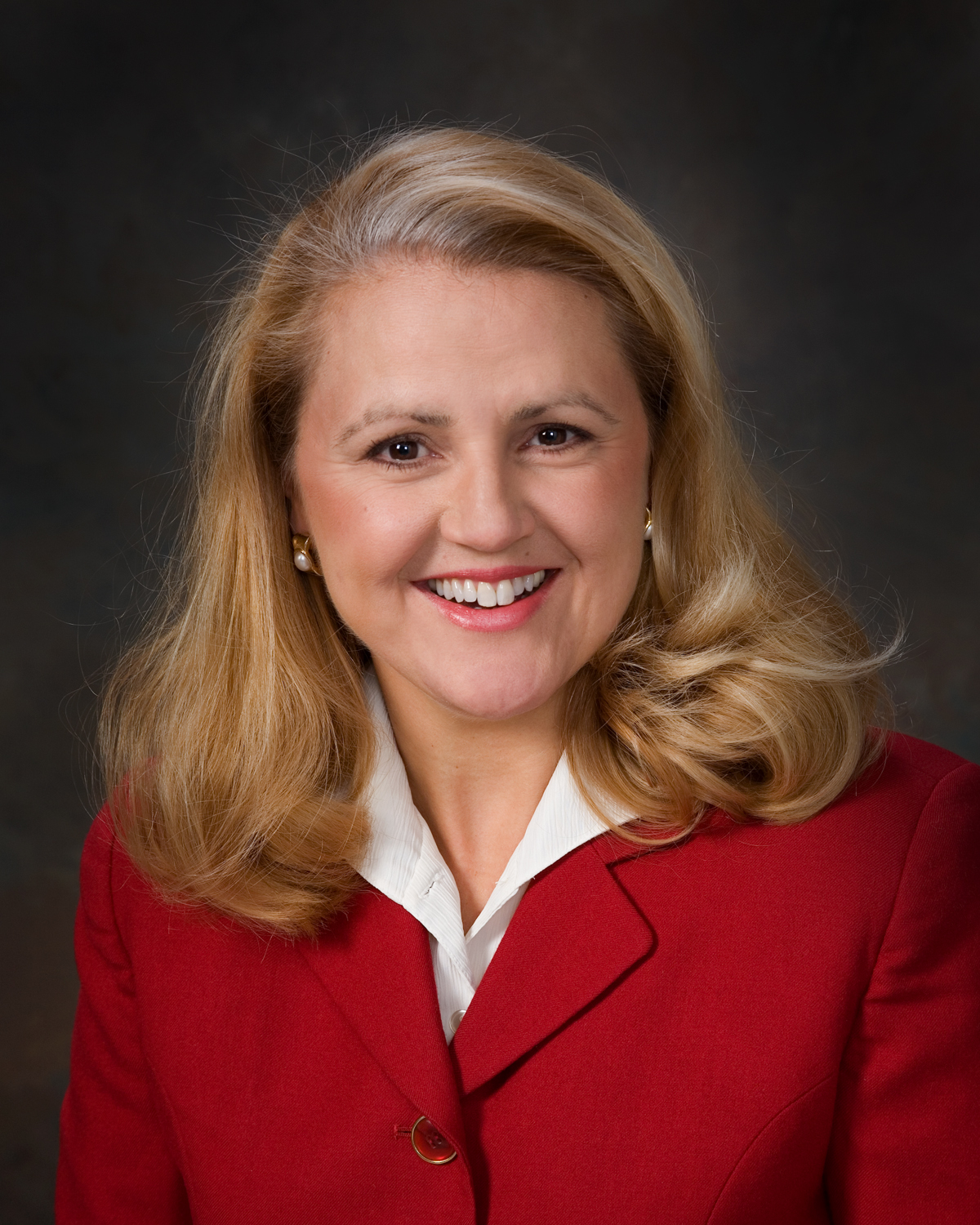Issues that dominate headlines include the economy, unemployment, government spending, the deficit, the national debt, tax policy and tax code reform.
The good news is that Democrats, Republicans and independents seem to agree that the deficit and the debt have to be reduced. The process to get to that goal is where the disagreements lie.
A few points for clarity: The "deficit" is the sum of money the federal government spends during a single year that exceeds that year's incoming revenue, our tax dollars. The "debt" is the cumulative sum spent over years; this debt does not include future obligations, like Social Security and Medicare payments that would have to be scored as "liabilities" in accounting.
As the nation focuses on reckless government spending, a key solution being heralded is for "the rich to pay more of their fair share" of taxes.
The current effort is to increase the top rate of taxes paid by those who make $250,000 or more on a yearly basis, which includes small businesses that file taxes as sole proprietorships.
Those trying to frame the debate offer some insight to our mess. There's been success in linking the "fairness" of the tax code to the reduction of deficit spending by the left.
So, what exactly happens when the "rich" -- note it's never framed as the hard-working and successful -- pay more of their earnings to the government for politicians to spend?
An article on CNBC.com notes that "raising taxes to 39.6 percent on the Obama rich (earning $250,000-plus) would yield around $40-$45 billion in added tax revenue in the first year." Since the 2012 deficit is on track to be $1.1 trillion, perspective is helpful.
Congressman Tom Price of Georgia explained in a November interview with MSNBC's Andrea Mitchell that taxing the newly-defined "rich" earning $250,000-plus "covers the spending by this federal government for not eight years, not eight months, not for eight weeks but for eight days. Eight days only."
Politically, it sounds great and fair to tax the rich, but let's examine the reality. Historically, increased government spending has paralleled unemployment, as recorded by the Federal Reserve Economic Data back to 1948. This time is no different.
As President Barack Obama has spent at least $1 trillion more each year of his presidency than has been taken into the U.S. Treasury, the unemployment rates have ranged from 7.8 percent at his first inaugural to a high of 10 percent and, most recently, at 7.7 percent just weeks prior to his second inaugural.
Yet, the cries have been, "tax the rich" versus "get out of the way government and let businesses create jobs!"
Less-than-conservative columnist Joe Weisenthal of Business Insider wrote weeks ago, "When unemployment drops, deficit/GDP (ratio of deficit spending to our nation's economy) drops. When unemployment rises, deficit/GDP rises. Growth is the only deficit reduction policy that matters."
So, if creating jobs and employing folks who'll spend their earnings is the solution to get America out of its economic hole, why is the main focus of these political plans to tax, or penalize, the new Obama "rich" making $250,000-plus who create jobs and hire?
Voltaire, the French philosopher and writer, seems to have provided the best summary: "Common sense is not so common" at least when it's better to frame an issue and distort it.
Robin Smith is a wife and mother living in Hixson. She served as chairwoman of the Tennessee Republican Party from 2007 to 2009.
